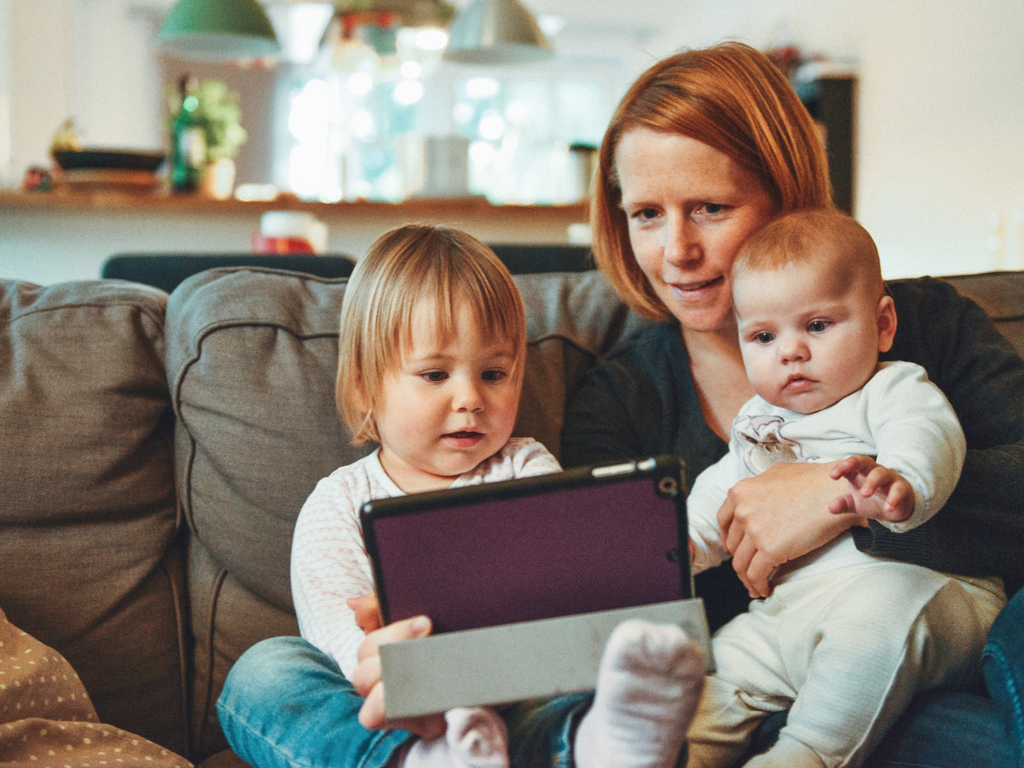
Learn what contact time with family is and how you can make it a positive experience for a child.
If you’re worried about a child’s safety or welfare, you can make a report or follow up on a report you don’t think has been taken seriously.
This advice applies to: England and Wales
Click on the link below to take you to the section you'd like to read:
If you believe that a child is in immediate danger you must call 999.
If it’s not an emergency, you can call 101 or report a crime to the police online.
You should also report your concerns to your social care team (also known as your local safeguarding team).
If you are worried about a child’s safety but aren’t sure whether to report it, call the NSPCC on 0808 800 5000, email them at help@nspcc.org.uk or fill in their “report abuse online” form.
Read the section on warning signs to look out for to find out how to spot signs of abuse and what to report.
Whoever you contact will decide what to do next, based on the information you have provided. They may need to gather more information to decide what the appropriate action is, ask someone else (such as a social worker) to investigate, or they may contact the police if they feel the child is in immediate danger.
If you have reported your concerns to the children’s social care team, they will tell you what happens next. But they won’t be able to share any confidential information with you.
If you have raised a safeguarding concern about a child in your care and feel that it’s not being taken seriously, there are steps you can take to follow up and make your voice heard. You may also want to get legal advice.
You have a right to know that action is being taken to keep the child safe. Contact the social work team and ask for a general update. While they won’t be able to share confidential details, they should be able to explain, generally, what is being done to safeguard the child.
If you’re unhappy with the response from the social worker, you should escalate your concerns to the team manager directly.
You can ask them to:
If you are still not satisfied, you can raise your concerns with the Director of Children’s Services at your local council.
Explain:
The director is responsible for how children’s social care is run in your area and can step in if needed.
If you feel that nothing is being done, you can also contact the NSPCC. They offer free, confidential advice and can refer concerns back to Children’s Services if needed. You don’t have to give your name if you’d prefer to remain anonymous.
NSPCC Helpline: 0808 800 5000
Keep a record of everything, what your concerns are, who you’ve spoken to, when you contacted them, and what was said. Keeping good records can be really helpful if you need to take things further in future.
There will be different warning signs to look out for, depending on the type of abuse. We have highlighted a few of the types of abuse that a child may be experiencing, but there are many more types of abuse detailed on the NSPCC website, such as bullying, grooming and child sexual exploitation.
Physical abuse can include hitting, punching, shaking, throwing, poisoning, burning, scalding, drowning, suffocating, unsafe handling or inappropriate restraint, and misuse of medication that would cause physical harm.
What to look out for:
Emotional abuse can include threats of harm or abandonment, lack of physical contact, humiliation, blaming, bullying (including cyber bullying), controlling behaviour, intimidation, overprotection, verbal abuse, isolation and expectations which are inappropriate for the developmental stage of the child.
What to look out for:
Sexual abuse is when a child or young person is forced or enticed to take part in sexual activities by an adult or another child. This includes physical abuse such as sexual assault, sexual acts or rape. It may also involve non-physical contact, such as being sent sexually explicit photos or video, porn, or being groomed online.
What to look out for:
Neglect is when an adult fails to meet the physical, and or psychological needs of the child. This could include, not providing adequate food, shelter or warmth. It could also include failure to provide access to health care or ignoring medical needs, and failure to ensure the safety of the child from physical harm or danger.
What to look out for:
It is your responsibility to raise your own concerns about the safety of a child directly with the local authority.
If you still need help after taking the steps above, you can contact the Kinship advice team for free, non-judgmental advice and information if you live in England or Wales. Please note that, as a charity, we are completely independent from your local authority.
We also offer a range of free support for all kinship carers, including:
Sign up for emails to keep up to date with the information that’s important to you, from support and advice for kinship carers, to our latest news, events and campaigns.